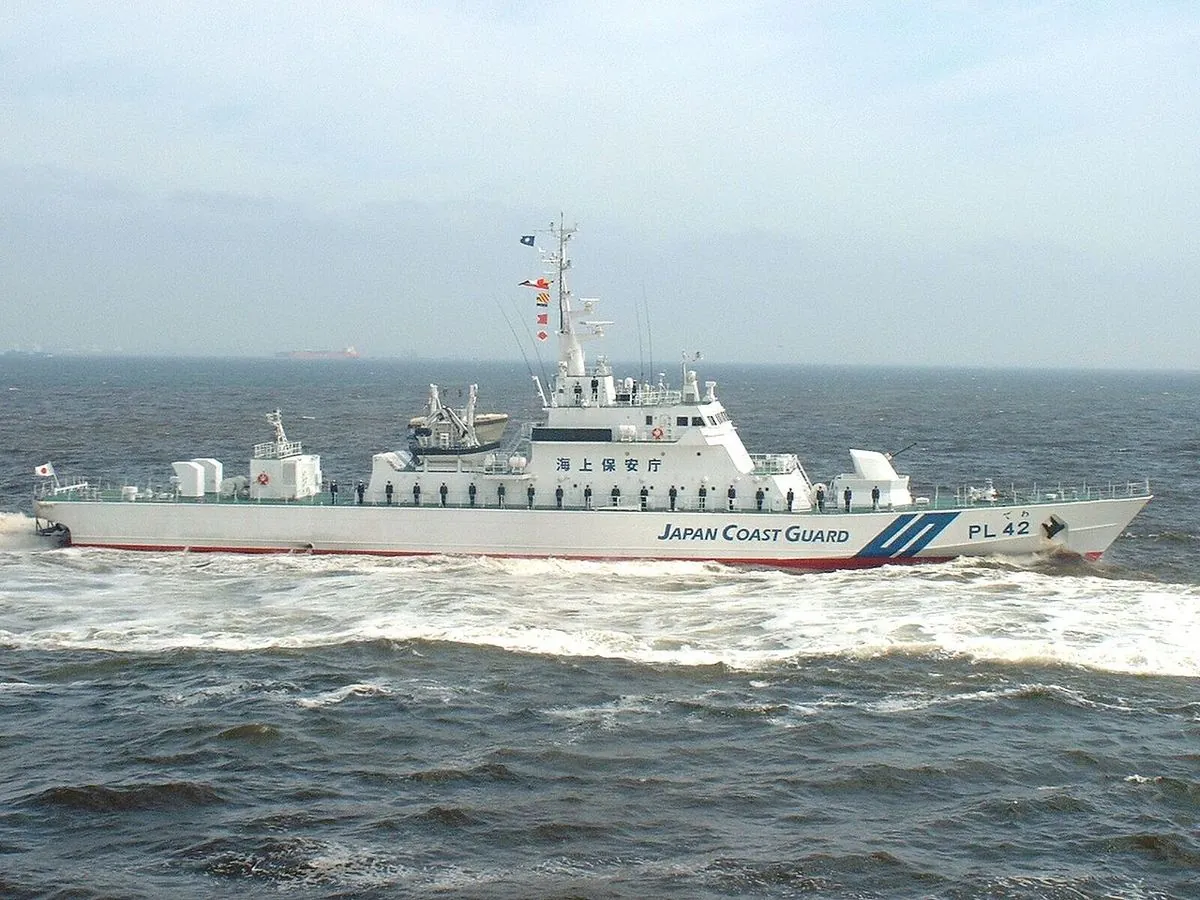Japan has formally protested to China following an incident involving a Chinese survey vessel entering Japanese territorial waters. The event, which occurred on August 24, 2024, near Kagoshima Prefecture in southwestern Japan, has further strained relations between the two East Asian nations.
According to Japan's Defense Ministry, the Chinese ship was detected in territorial waters at 6 a.m. local time and departed shortly before 8 a.m. Throughout its presence, the vessel was closely monitored by Japanese military assets, including a ship and an aircraft.
This incident is part of a series of events that have raised concerns among Japanese defense officials. Just five days earlier, on August 19, a Chinese military aircraft briefly entered Japan's southwestern airspace, marking the first such incursion detected by the Japanese Self-Defense Forces.
In response to these events, Lin Jian, a spokesperson for the Chinese foreign ministry, stated on August 20 that China had "no intention" to violate any country's airspace. However, this assertion has done little to alleviate Japan's apprehensions about China's increasingly assertive activities in the region.
The tensions between Japan and China extend beyond recent incidents. The two countries have a long history of territorial disputes, particularly over the Senkaku Islands (known as Diaoyu in Chinese) in the East China Sea. This area is of significant strategic importance due to its rich oil and gas reserves.
Despite these geopolitical tensions, it's worth noting that Japan and China maintain strong economic ties. Bilateral trade between the two nations exceeds $300 billion annually, and both are members of the Regional Comprehensive Economic Partnership (RCEP), a major trade agreement in the Asia-Pacific region.
Japan has been taking steps to address its security concerns. The country has been increasing its defense budget and strengthening its alliance with the United States. The Japanese Coast Guard, responsible for patrolling territorial waters, plays a crucial role in monitoring and responding to such incidents.
"China has no intention to violate any country's airspace."
As tensions persist, both nations have established various diplomatic channels for crisis management. These mechanisms are crucial in preventing misunderstandings and potential escalations in the region.
The recent incidents highlight the complex dynamics between Japan and China, balancing economic cooperation with territorial and security concerns. As both countries navigate these challenges, the international community watches closely, recognizing the significant impact their relationship has on regional stability and global geopolitics.
